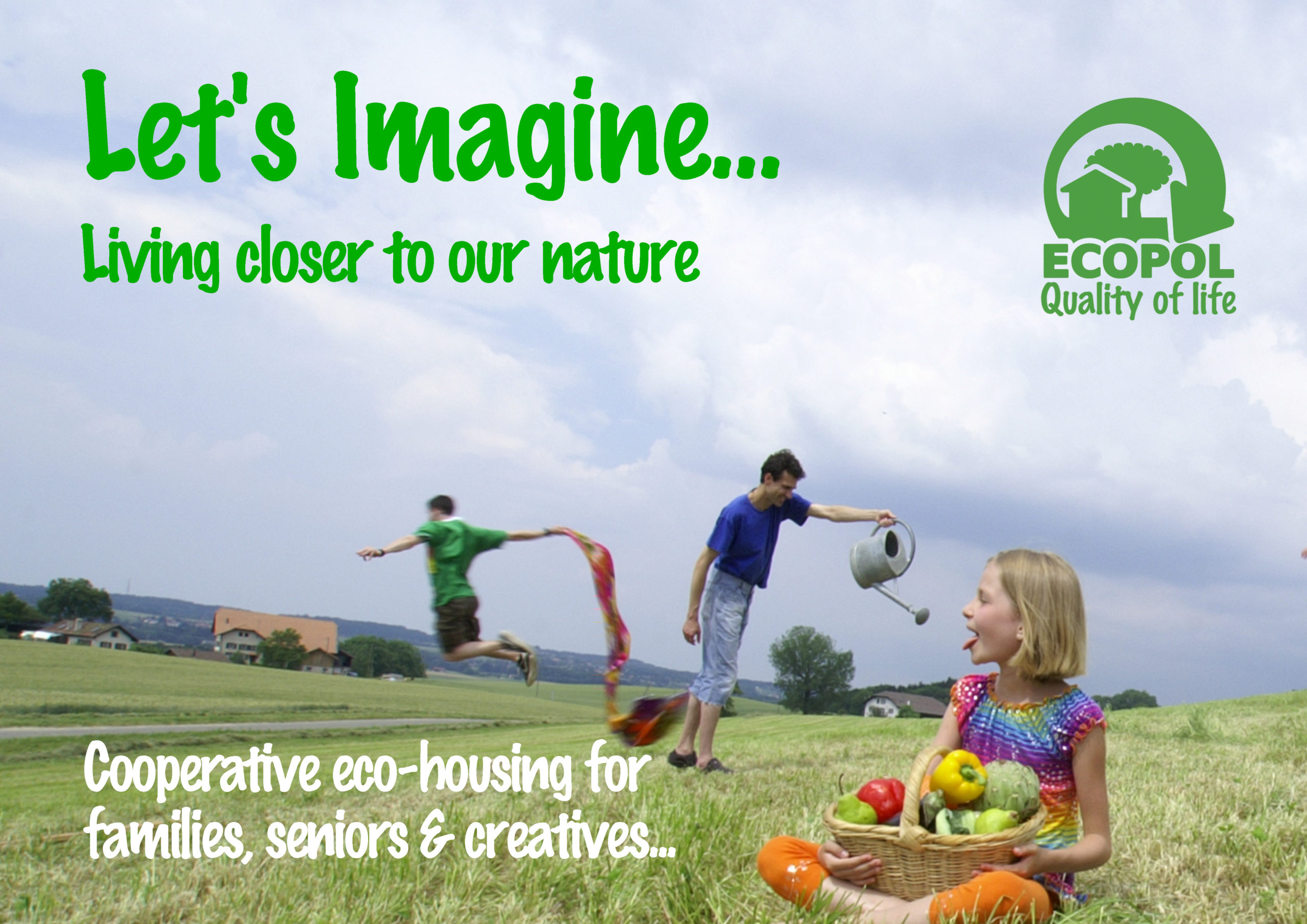Livret Ecopol _ English

Smala history in brief.
Since 1993 Smala institute developps experience/expertise in socio-environmental entrepreneurship and eco-community building, a kind of living lab. It provided training, coaching and hosting for over 1’800 beneficiaries from 1993 to 2013, out of which ¼ are social entrepreneurs, and 3/4 are artists, families, students, seniors and unemployed.
Smala history in brief.
Smala has initiated managed over 40 co-housing spaces with intergenerational and creative “hives”. We started in the industrial district of Lausanne “le Flon”, contributing in revitalizing it as a new source of creativity, a little Soho. Thanks to the socio-economic success encountered with this first initiative, Smala received from public and private partners new opportunities for developing similar “living laboratories” in other locations.
Ever since 1995, Smala team have tackled the challenge of incubating 40 short and mid-term hives, eco-life learning centers, with 5 to 30 cohabitants and co-workers in each location, in the Lausanne area. These temporary hives had a duration of 1 to 10 years, and have been developed in partnership and/or supported by local and federal administration for housing, social services, culture, academic research, adult training, NGOs and sociocultural centers.
These activities have made Smala institute resilient to societal changes, and demonstrated its ability to manage complex governance situations.
Since 2013, Smala moved to a new step in starting the development of long term communities, on rural lands with cooperative ownership. While searching for international references to compare Smala’s innovative methods with other initiatives, Smala experts have identified the Global Ecovillage Network (GEN) as one of the most efficient knowledge alliances for social entrepreneurship learning; Smala is now member of GEN-Europe</>
Smala experts have included a special focus and expertise on transversal/soft skills building and fair trade culture within community building, both aspects being considered as key complements to vocational skills for active citizenship and right livelihood.
Smala’s leading team is composed of pioneers of change who contributed significantly in the transition of this industrial district and/or other socially innovative places and entreprises.
By moving so many times our headquarters and heling various new places, Our team has developed a replicable art of co-living and co-working, using informal “learning while doing” methods. It became a fair set of rules of functioning (governance) that we updated at each new community project, becoming the Ecopol label after 20 years of experience.
EU project experiences
Smala experts have taken part in 7 Transfer of Innovation projects: 3 in the 1990’s for applying our community building methods to Eastern European emerging countries for youth, through the Swiss National Council of Youth (SAJV/CSAJ + Intermundo) and 4 Leonardo TOI (2007-2011) for socio-professional integration (micro-entrepreneurship within eco-communities of practices) and eco-building shared knowledge alliances.
They focused on social entrepreneurship training, transition in vocational learning for eco-building, network of trainers using natural materials for house renovation and town accessibility for all persons with disabilities.
